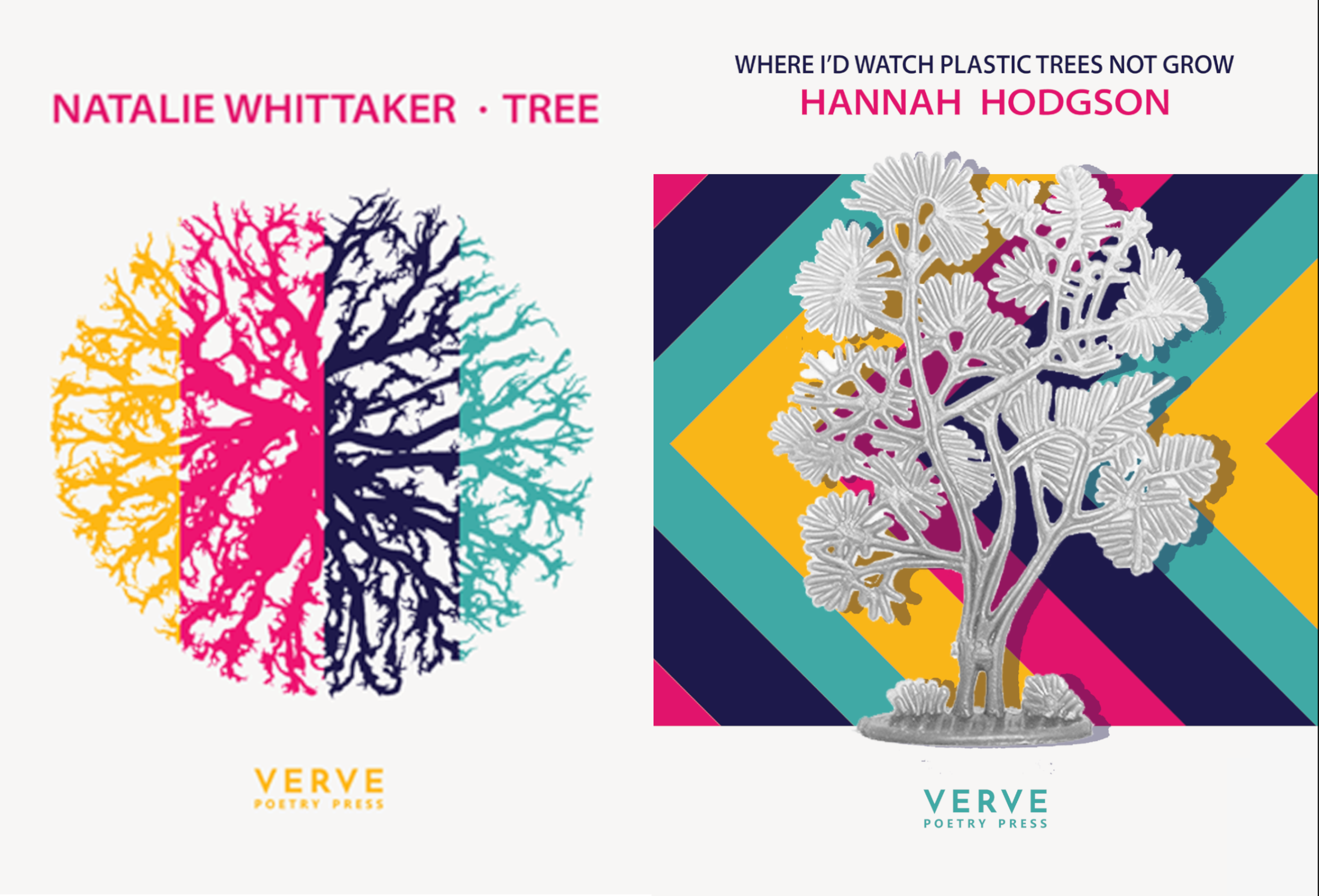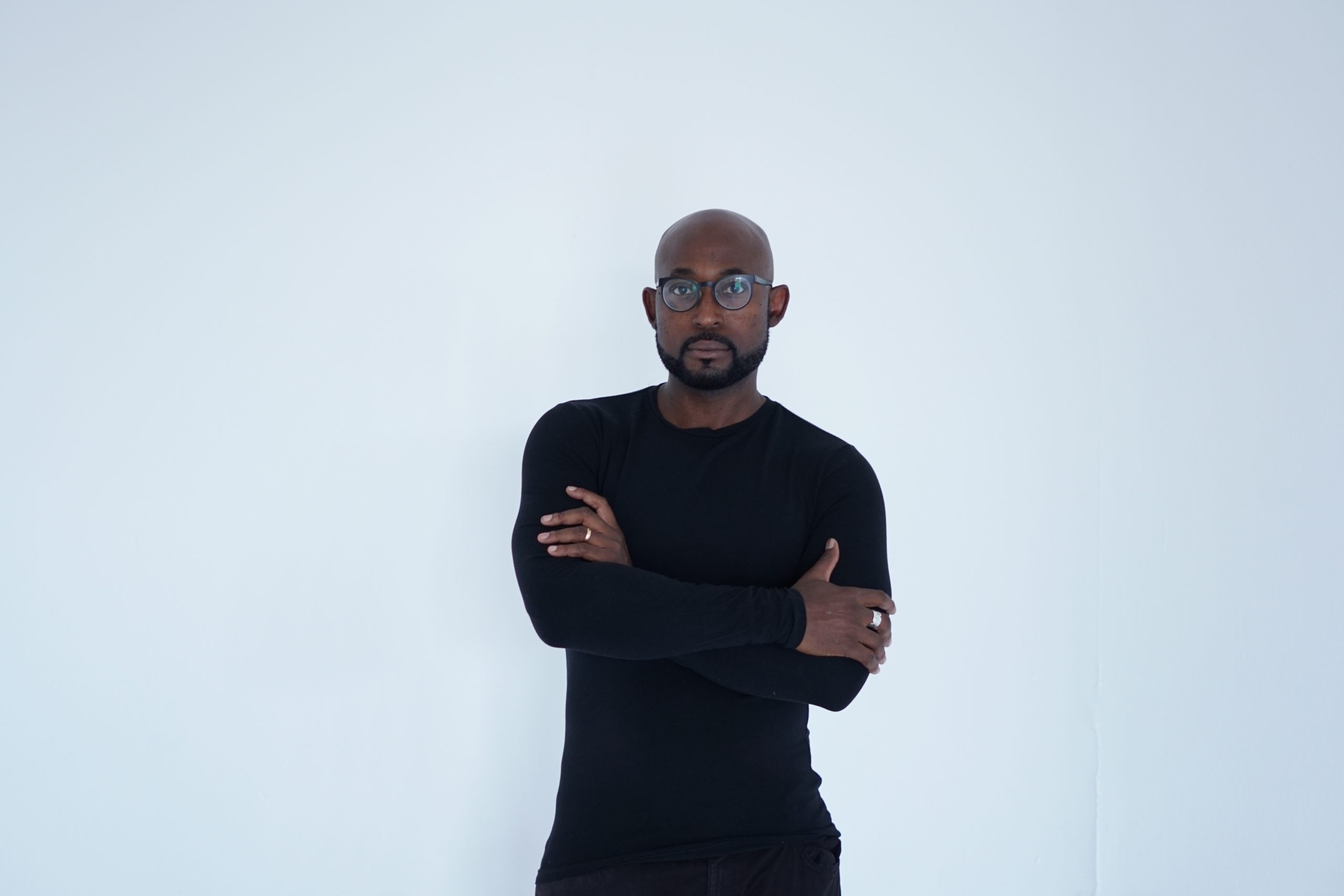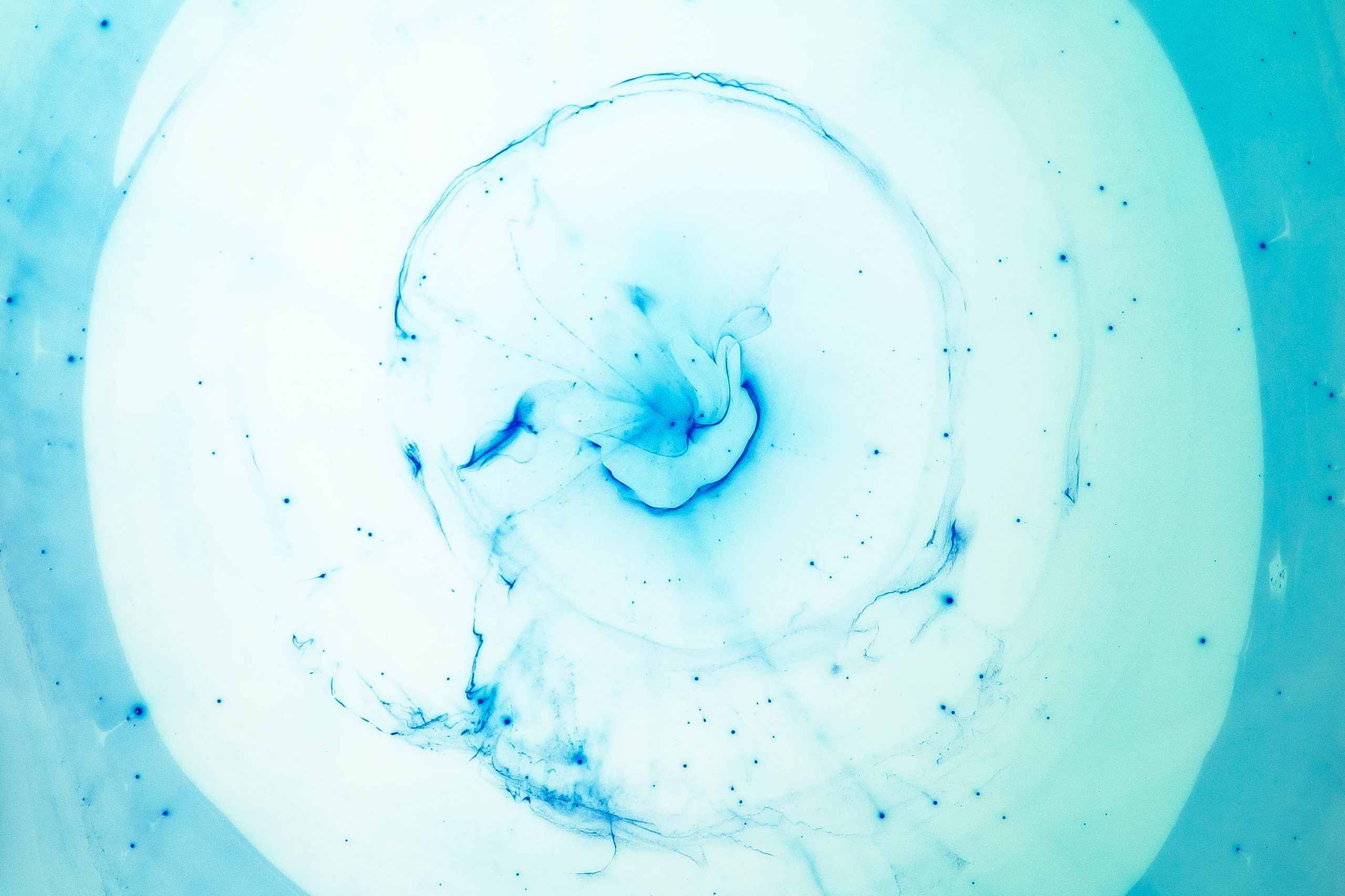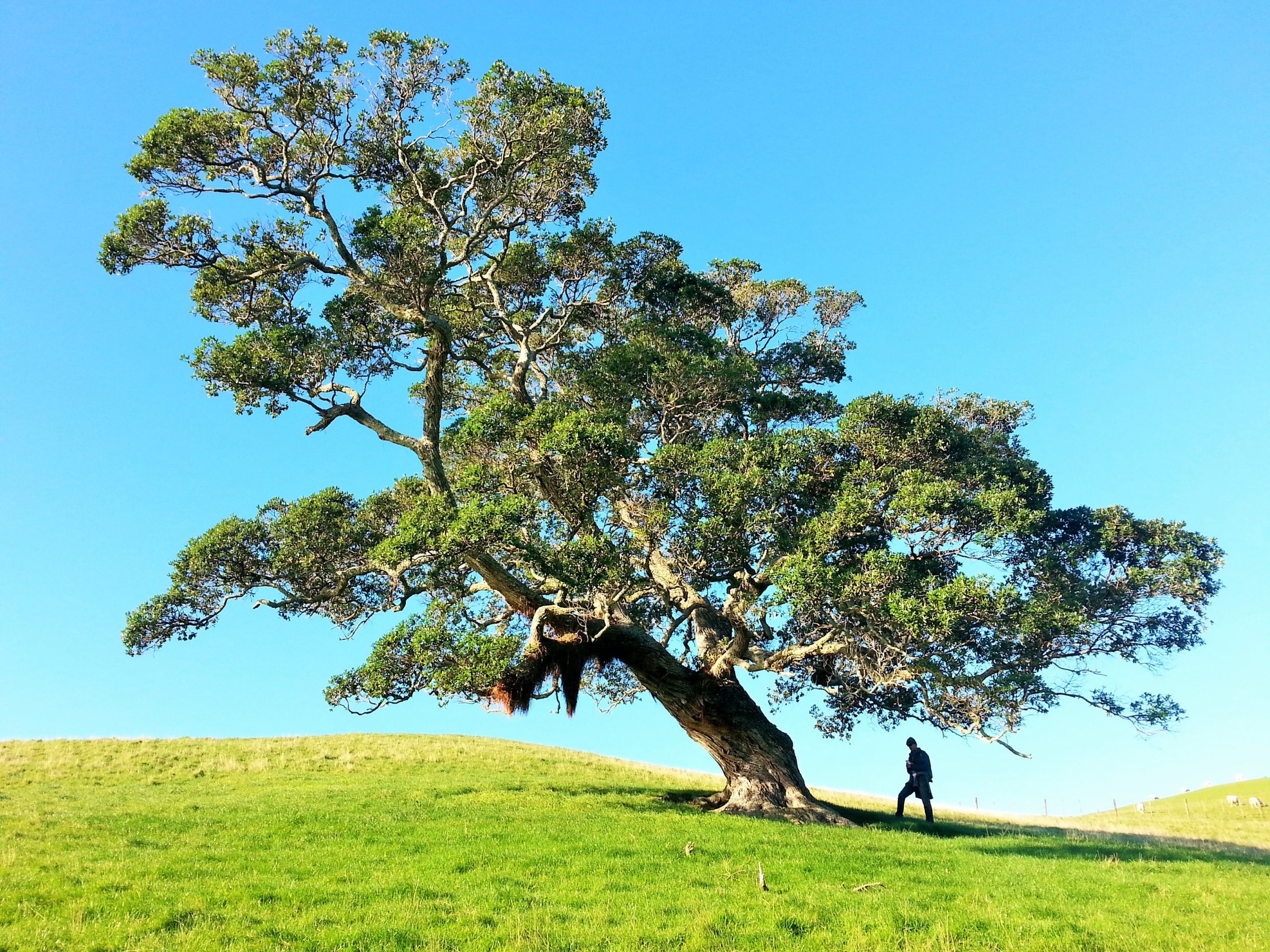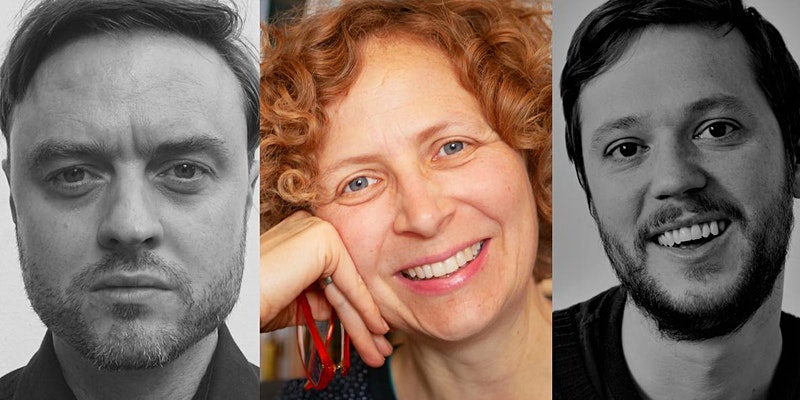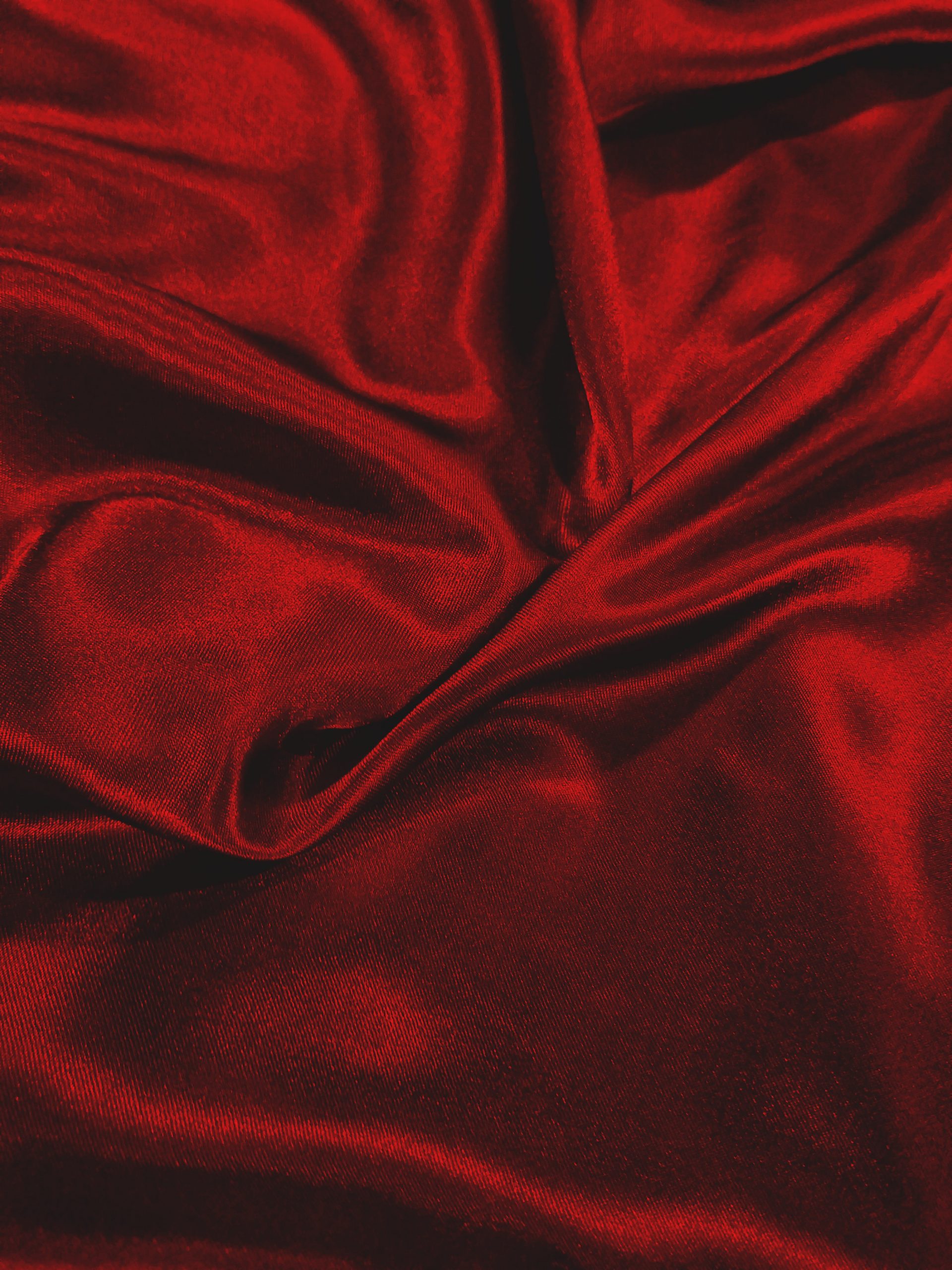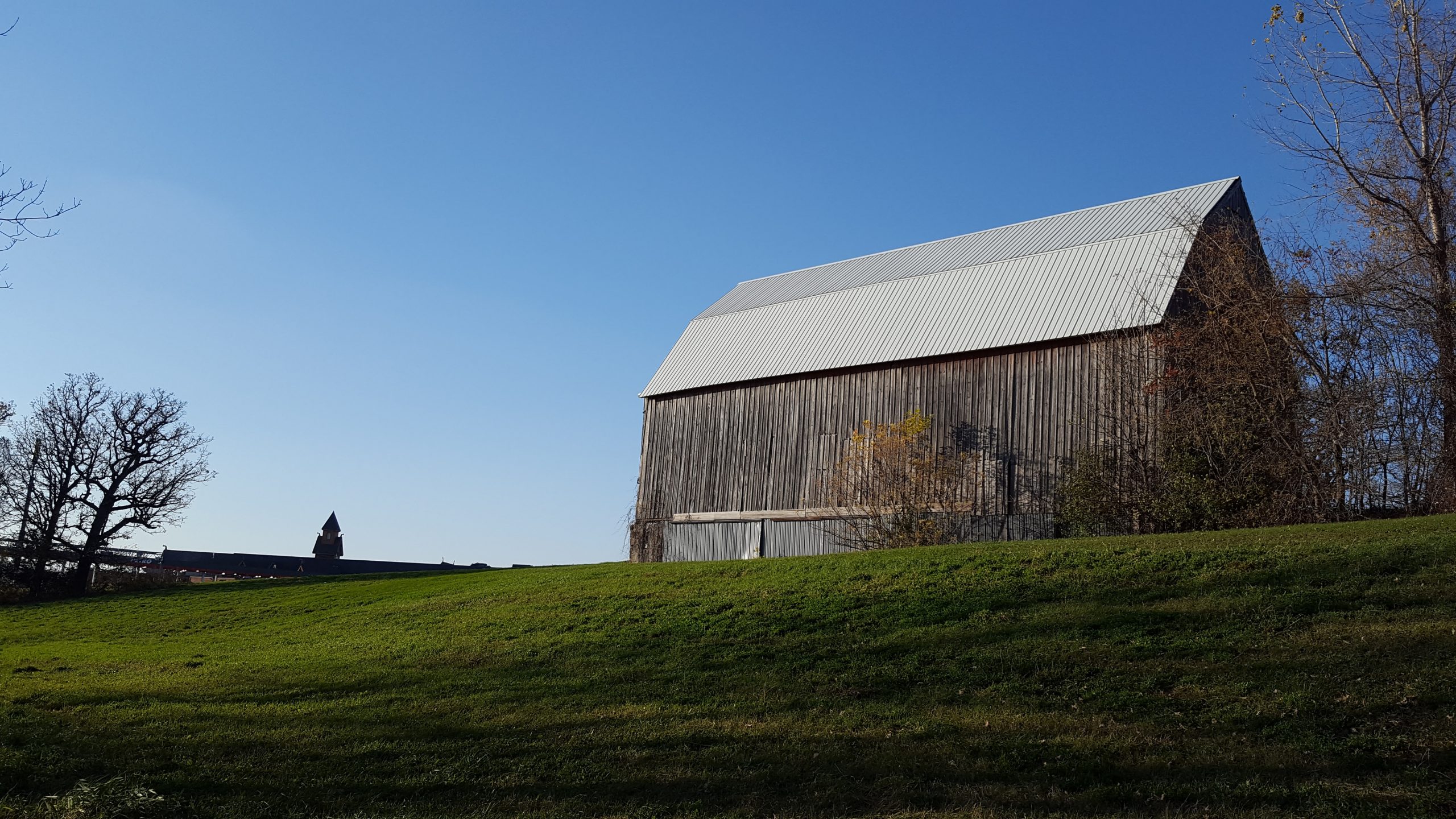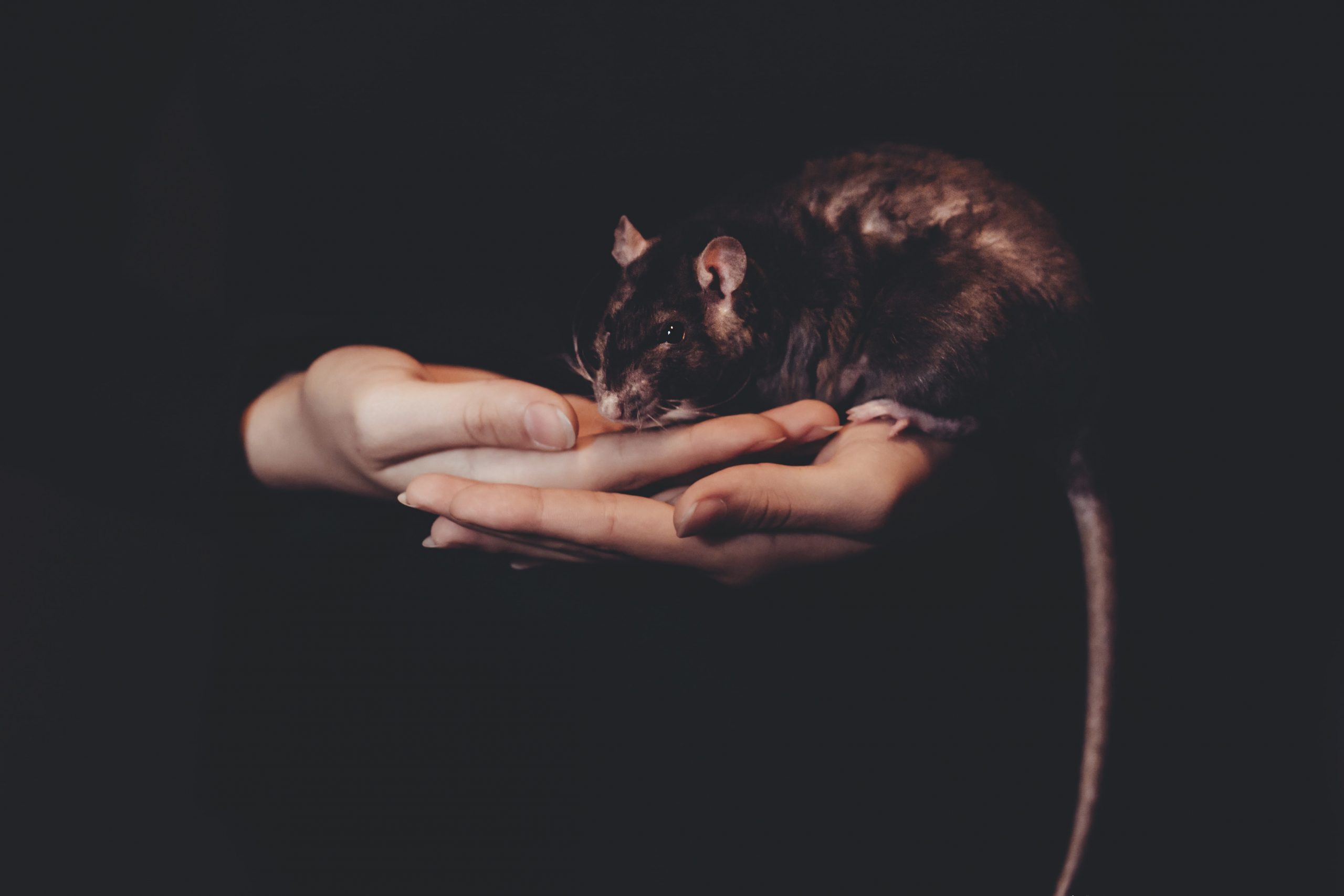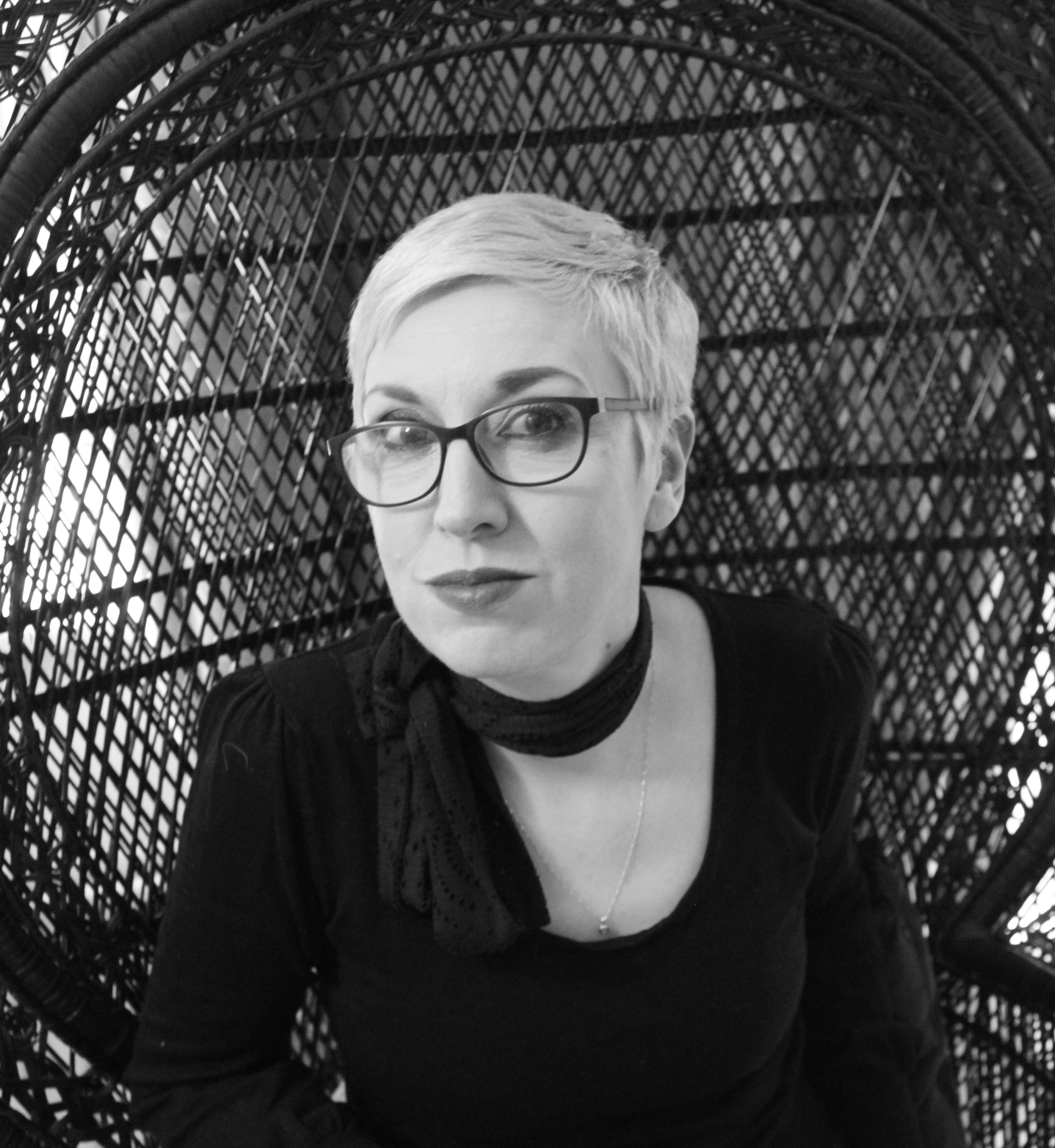Interview: Femi Kayode
Femi Kayode trained as a clinical psychologist in Nigeria, before starting a career in advertising. He has created and written several prime-time TV shows. He recently graduated with a distinction from the UEA Creative Writing programme and is currently a PhD candidate at Bath Spa University. Femi won the UEA/Little, Brown Award for Lightseekers when he was still writing the novel. He lives in Namibia with his wife and two sons.
Lightseekers follows Dr Philip Taiwo, an investigative psychologist by training, as he investigates the murder of three young students in a Nigerian university town. Their killings – and their killers – were caught on social media. The world knows who murdered them; what no one knows is why.
***
I’m not a crime writer but I’m really interested in the mechanics of crime fiction, how it has its tropes – the sidekick, marital problems, etc – and you’ve incorporated all these things so seamlessly but also built on them to write such an original novel. It would be great to hear about your writing process.
Lightseekers was inspired by an actual incident that happened in Nigeria. It always fascinated me how people would mete out this kind of mob justice, or vigilante justice, especially in a small town. Like do the neighbours wake up the next morning and say, that was a very good job! Yeah, we got that! Or do they just pretend it never happened?
I initially planned to do Lightseekers as a non-fiction novel, but from an academic point of view there were lots of ethical issues. And I’ve always had this issue – looking at Truman Capote’s history after In Cold Blood – with the idea of profiting off misery. That made me step back and say maybe I can approach this as a fiction.
I was in a crime fiction programme, so I knew the things I needed to put in to make it a crime story, but I also wanted to make it literary. I wasn’t interested in writing the next Jack Reacher… You know, that’s not fair to say about Jack Reacher because I love Jack Reacher! But I wanted to write about an everyman’s hero, because the issue that I was talking about is very common in Nigeria, and it needed this hero who is just like you and I, who can effect change without being a superhero.
I had a researcher in Nigeria who is a writer and lawyer. I would research around what actually happened and then I would write alternative versions, and I’d send it to him and say, okay, what do you think, is this working, is this plausible? To control myself I generally would keep along the lines of a PEST analysis, which is the political, environmental, social, and technological dimensions of a crime. It was then easy to add the tropes to it; you know, who’s the bad guy, who’s the sidekick. Each character was really a representation of the dimensions of a PEST analysis of the crime. Does that answer your question?
It really does! So Lightseekers is centred on the real-life incident, the Aluu Four, where four undergraduates at the University of Port Harcourt were tortured and burnt to death by a mob, and I wondered if you would speak about what was it about this specific case that made you want to write about it.
I think if you Google it… you have to be made of rock not to feel something. These were four undergraduates, very popular on campus, good-looking, from middle class homes. That’s not to say that they did not commit the crime that they were accused of – no one really knows – but that’s not the point. The point is that no one deserves to die like that.
But watching the video, what struck me was how a whole community can gang up against undergraduates that are the lifeblood of this community. And that it could have been me – because I also went to school in a close community, I also lived off campus. It could have been me. And I was struck by the reaction of the government. I didn’t feel that there was enough concern; there was a lot of social outreach, but not a lot of systemic outreach. What was it in the system that made this possible? So, for me that spoke to a deeper problem than the act itself, something that needed to be investigated.
I also felt that this tragedy was an opportunity for the country to have a national dialogue, to ask why did this happen, and how did it happen, and how could we have prevented it. Around that time there were a lot of xenophobic attacks happening in Africa, the rise of the alt right in Europe, post-Arab Spring unrest… And then of course in the US, we had the Trump regime that was constantly pushing this anti-immigration rhetoric. Writing Lightseekers offered me an opportunity to show the world, at what’s been a very troubled time, through the lens of a Nigerian.
That actually leads really well onto my next question – you’re talking about seeing through the lens of a Nigerian but you’ve chosen to cast Philip, your detective figure, as a returnee, someone who’s been in America for a really long time. I thought that was such a clever choice and I wanted to ask why you did that.
After that incident (and a lot of similar incidents) I started feeling a certain level of angst towards my country. I live outside of Nigeria, in another African country. I studied in the US and I was doing a postgrad programme in the UK. So, using Philip was a creative choice because he represented me.
The second thing I needed, from a commercial point of view, was somebody that would ask the kind of question that an international audience would want answers to – Philip was asking the kind of questions that my tutors and classmates at UEA were asking. He became a sort of cameraman, and I trained his lens on the issues raised by this crime.
The biggest challenge I had with Philip was for him not to come across as patronising, so I had a huge collection of Nigerian early readers. Those readers made sure the book wasn’t looking at Nigeria through the ‘white gaze’, or at least, within the context of the creative writing programme at UEA, the European gaze.
You mentioned the perspective of the cameraman, and I notice that you’ve had a lot of experience as a screenwriter – I felt like I could feel that influence on the book, you’re so attentive to characters’ motivations. So, it just felt like that might have influenced you?
Absolutely, absolutely it did. I remember my tutors would be like, why are you writing this in the present tense? and I just answered that it was because that’s what I’m used to. I really wanted to write an immersive story, I was looking for a way to make the reader be a part of the experience – you couldn’t just look away and you couldn’t flip the channel (so to speak), you literally had to be Philip.
Sometimes I’d be writing in the middle of the night and my kids would come and stand behind me, and they would say, that was weird, and I’d be like, what? And, according to them, before I typed I would do something like [Femi makes a camera motion in front of his face] then I would type and then I would do it again [the same gesture] and they said it was very weird watching me from the back because I looked like a film director writing shots down. I think that proves that my screenwriting experience really came to bear on the writing, and I’m happy that people saw it. It was not planned as a subtle thing, it’s deliberate.
In interrogation scenes I just kept being struck by how you had Philip and Chika noticing each other’s motivations, and it felt almost like a Stanislavski exercise – my background’s in theatre so I was like, I see this!
Exactly, so that’s what I was trying to do. I was blocking all the shots.
Yeah!
The initial book was about 140,000 words, so it really helped when I was editing. If you want to write a screenplay-like novel, then you need to balance what is seen and what is not very carefully, or else you will lose the audience. One of the things some of my readers used to say was, now you’re losing me, you’re giving me too much detail, you’re interrupting the action.
That’s a great answer. I think we’ll finish up with a light-hearted question. I’m just wondering what you were reading, watching or listening to while you were working on the book and what inspired you. Also, what’s inspiring you now, because you’re working on the sequel, I understand the film’s already been optioned… it’s mad!
Mad, it’s been mad… Now you have to remember this [showing his lovely office and quiet, sunlit streets outside] is in the middle of the bustling city, can you see how quiet it is?
Yeah, amazing!
So, it’s really crazy because I literally have to travel (to Nigeria) in my mind every single time I write.
I’m an avid film-watcher, and while writing Lightseekers I watched a lot of Dexter, season to season. I also watched a lot of Netflix shows, detective series… One of my favourites was Collateral with Carey Mulligan. I particularly liked The Alienist because in a way, Philip reminded me of Dr Kreizler. Those shows really helped me to plan each chapter like an episode of a show. Writing each chapter like this helped to focus me, and I always asked; what’s the key information that needs to come out from this particular episode, what do you need to take away as the reader?
I don’t think I read anything outside of crime during that time. There were a lot of texts that were recommended for the MA programme, so this kept me busy. I truly loved The Secret History by Donna Tartt. But what am I reading now? I’m still reading The Light Between Oceans, and I’m heartbroken, I’m frustrated, and I’m irritated at the same time, so maybe it’s good? I’m almost done, and then I’ve just got my complete collection of Elena Ferrante’s My Brilliant Friend, so I’m starting on that one next week.
I tried to read Lightseekers again when I got my finished copy, and I just couldn’t. The book is never perfect until it’s perfect…I guess. But I’m part of this exercise on a platform called The Pigeonhole; it’s a group of readers, like an online book club, and they are reading Lightseekers now and I was invited to be a part of the discussion – so to be honest at this particular moment I’m reading Lightseekers.
That’s great that you feel able to come back to it.
I wouldn’t have done it without Pigeonhole. It’s so interesting, so exciting. Because you can read the comments on every line or scene or chapter, and you’re like: they got it, they got it! Many times, I’m up in the middle of the night, reading the novel and the comments and I am like YES!
That’s such a good feeling when you get feedback and people are saying what you wanted them to say…
In real time too! Because if you read the comments on Goodreads and Amazon (my agent tells me not to, but I don’t listen!), their feedback is usually after the fact, they’ve finished the whole experience – but with Pigeonhole, they’re commenting literally on every line, and it’s just so lovely to experience. Such a wonderful initiative. I love it.
Buy a copy of the book here
CATRIONA IS A WRITER, RESEARCHER, AND SOMETIME THEATRE-MAKER FROM EAST ANGLIA. SHE IS CURRENTLY STUDYING FOR AN MA IN CREATIVE WRITING AT BIRKBECK. SHE LIVES IN A SMALL FLAT IN SOUTH EAST LONDON AND IS WORKING ON HER FIRST SHORT STORY COLLECTION.
Review: Bolt from the Blue by Jeremy Cooper
Suki Linnell reviews Bolt from the Blue by Jeremy Cooper
Review: A Brief History of Trees by Lawrence Illsley
Catriona Bolt reviews A Brief History of Trees by Lawrence Illsley
SMALL PRESS FOCUS: Live Canon
For the first of our spotlight features on small presses in the UK we are focussing on Live Canon, an independent poetry press based in London. We will be publishing interviews, poems and top tips as to how writers can get involved with small presses, who are now starting to be recognised as publishing some of the most diverse and interesting contemporary writing.
First up, our Poetry Editor Lawrence Illsley interviews Dr Helen Eastman, Director of Live Canon.
Hi Helen, how are things with you in lockdown?
Well, like many families, we are juggling home-school and work, but everyone’s muddling through. I feel very privileged to still have plenty of creative work, that I can do from home. Oh, and we had COVID, but no long-term symptoms, so, feeling very lucky.
Just quickly, what is Live Canon?
A poetry organisation. We are a not-for-profit supporting and encouraging poetry in lots of ways. We have a publishing company, an outreach arm, we collaborate with other artforms, produce events… and we have the Live Canon ensemble, a group of actors who specialise in performing poetry on stage and for radio and digital projects.
And how did you end up becoming a publisher of poetry books?
Excellent question. A convoluted route. I trained, after University, as a theatre director, and spent 10 years mainly directing physical theatre, opera, circus. I missed text, so I founded the Live Canon ensemble. A few years into that journey, Glyn Maxwell suggested, over a pint, that I started a publishing company. And so I did. I found I needed poetry in my life, not at its fringes, but right at its centre. Now I edit, publish, direct, teach poetry. Alongside that there’s also been my own writing journey, as a poet. My freelance work now is mostly writing lyrics and opera librettos, but there are still poems bubbling through. I’m currently doing a residency as a poet, and reconnecting with my craft.
You run a lot of live events – even continuing on the web during lockdown – is performing poetry important to you?
Essential. On a personal level I can imagine nothing better than listening to a good poem well performed. It goes beyond an intellectual experience to an aural and sensory one – voice, sound, metre, cadence. So, selfishly, I’ve created a way of spending as much time as possible listening to poetry (!) More seriously, my doctorate is in Classics, and the oldest forms of poetry from the ancient world, were aural (and oral). I’m interested in how we share text, and the ritual of gathering to listen. It strikes me that more now than ever, we need to remember to gather and to listen. In many cultures that is part of the community’s religious practice, but as someone who isn’t religious, a poetry reading fulfils a similar function; a time for people to come together and commit time to stopping, listening, thinking.
Co-winning the Live Canon Collection Competition has given me such a great opportunity. How important do you think competitions are for helping a new writer to get noticed?
For a small publishing company it is a really useful way for us to discover new poets, in a way that is more structured and manageable than just having a rolling submission window. It helps us to consider a wide spread of work anonymously, and then to draw attention to what we are publishing. Being brutally honest, the entry fees for many competitions are also what’s allowing small presses to keep functioning and publishing (there’s not much money in publishing poetry!)
And finally, what would you say to any Creative Writing students thinking about submitting their work to a small press?
Please do! Do your research, and find a press whose work you like and admire. Would you be proud to be alongside the other poets? Do you like the feel and design of the books? What sort of work do they publish? And then go for it!
Thank you!
Lawrence, alongside Alice Willitts and Samuel Prince, was one of the joint winners of the Live Canon Collection Competition 2020 judged by Glyn Maxwell. Live Canon published his collection A Brief History of Trees, which was first workshopped during his MA at Birkbeck.
Read on for three heart-stopping poems from the Live Canon Collection Competition winners.
LOVE / SAME OLD SEX MY PRETTY ELBOW by Alice Willitts
taken from her collection With Love
my bones press too hard at joints and wear through fibres
till even my pretty elbow peeps out where it rubs at threads
snuggled like capillaries, snapping and fraying — a pretty elbow pokes
out of the muscle of our entangled lives the evening you stand behind me
close enough to breathe on my neck and see the pale, exposed bone
send a shiver down my arm — you tuck your finger into the hole
and stroke my pretty elbow to let it know you know — in the morning
I choose a patch — I’ve kept our old shirts and jeans, scraps
I cut a circle of shell brown and with pricks of pink, stitch down a pattern
like cats tongues, overlapping the loving that mends us
Alice Willitts is a writer and plantswoman from the Fens. Dear, was published by Magma Poetry in 2019 having won their inaugural pamphlet competition. She co-edited Magma 78: Collaborations and is working on a longform collaborative poem. She runs the #57 Poetry Collective, is a founding member of the biodiversity project On The Verge Cambridge and is collecting rebel stories on the climate emergency for Channel Mag. Her debut collection, With Love, is published by Live Canon.
DESOLATION MEDICINE by Samuel Prince
taken from his collection Ulterior Atmospheres
Cinco de Mayo and tickets going fast
for the fiesta, the parade on Main,
block parties in the bungalow district.
Everywhere pales where you aren’t
and the remedy, the desolation medicine,
eludes me. Hit the barstools, skulk
the smokers’ patio, whacked and wracked
in the waffle house where the till clerk
has his patter down to a tee,
pealing out names to collect
juices-to-go, so, hey Ellie, hey Ryan,
hey MacKenzie and hey, you can’t throw
your arms around a reverberation,
Meredith, this rule you should know,
if you care to tear yourself from
the throes of that flash fiction quarterly
and behold me, quaff a Gatorade,
nosh a strip-steak and slaw sub
then sanitise my hands to lay the medals
of my defeats on the counter top.
There’s so much to disclose: the skunkworks
of our hearts, the passenger manifests
of our hearts, the audition tapes you’d make
for that hardboiled forget-me-not
masque of American woman.
Samuel Prince’s poems have been published in many print and online journals, including Atticus Review, Cordite Poetry Review, Magma and Poetry Salzburg Review, as well as various anthologies including Birdbook 2, Coin Opera 2 and Lives Beyond Us (all Sidekick Books), and The Emma Press Anthology of Love (Emma Press). He won first prize in the 2018 Café Writers Poetry Competition. His debut collection, ‘Ulterior Atmospheres’ is published by Live Canon.
A MOTHER BEECH, TREWELLARD (extract) by Lawrence Illsley
taken from his collection A Brief History of Trees
That August we sat in chairs, not moving.
Both of us absorbed. Reading old fiction
or watching television. The hovel
you called it. But it was home. More than room
enough. Sometimes I wrote and foliage
would appear in my mind. Every scene
seemed to require a green backdrop of trees.
Although the wildwood of another age
has long been stripped – for ships’ masts, or lathes
for plaster; for Bronze Age fires to cast swords;
fences to restrain pigs and sheep; wide boards
and planks for walls and drawers; swathe
after swathe cut, planed and sawed – lone trees still
survive, gracing the landscape. To describe
our windswept world requires knowledge. How I’d
not got sufficient vocabulary
at past thirty-five to identify
more than a handful of trees, a small copse,
bothered me. Whilst waiting in hospital
for the nurse to do your endoscopy,
I didn’t idly skim magazines from
last year, or leaflets on Stannah stairlifts.
I read books on trees – mapping out visits
to local woodlands, clifftops and valleys.
I had a hunch that something serious was happening
Lawrence Illsley is an award-winning Cornish poet. In 2020 his collection A Brief History of Trees, won the Live Canon Collection Competition and he also won the inaugural Beyond the Storm Competition. He is poetry editor at The Mechanics’ Institute Review. Instagram @abriefhistoryoftrees Twitter @Lawrence_poet
Review: Living with Annie by Simon Christmas
If some people were biological machines operated by a fungus that had infiltrated their nervous systems—looking, behaving, and to an observer’s eye displaying emotions like any sentient human being—how would anyone know? This concept of ‘Cartesian scepticism’ is central to the story of Living with Annie, the first novel written by the Bloomsbury resident and UEA Creative Writing MA graduate, Simon Christmas.
The book opens at the flat of Jon Caldicott, an ambitious young micro-biologist at a Cambridge lab who is seeking to make his mark on the world under the watchful and critical eye of his surgeon father. Jon’s boyfriend Scott (Jon hasn’t come out to his father or the rest of his family), has just been diagnosed with Scander’s, a cruel muscle-wasting disease, similar to but rarer than motor neurone disease. “I’m going to die whatever I do”, says Scott. Jon is shocked but unemotional; his scientist’s brain takes over and the more he thinks about it, the more exhilarated he becomes, because he feels certain that he can cure Scott, and with it spectacularly launch his own career into the stratosphere.
Enter Annie, Aeisitos neuromethistes, a fungus that Jon and his colleagues inject into lab rats. Jon’s plan is to move swiftly on from rats, to instead infect Scott’s nerve cells with Annie’s spores and eventually replace his non-functioning neurones with a complete new nervous system. Jon needs to obtain the consent of his boss, the well-respected but enigmatic Professor Imogen Lazenby, who was present at the inception of Annie’s use in rats and pioneered much of the research over the following three decades. What Lazenby witnessed first hand was the violent and murderous instincts of the rats as the fungus spored into their bloodstreams shortly before they died, a tendency which phased out over the decades but which had—unsurprisingly—prevented any human trials without the scientists being confident that they could stop Annie before it spread.
Except Jon isn’t worried about what is termed violent sporogenesis. If Annie’s spores are toxic to humans, then the infected person will die before exhibiting any murderous tendencies. A bad outcome for a healthy human, but for one with a terminal disease, nothing to lose and the prospect of being effectively cured for an indeterminate amount of time? A good outcome, reasons Jon. When he approaches her, Lazenby is reluctant and, irritated, Jon goes above her head, to the director of the lab’s funding operation.
As Jon’s idea takes hold in his mind, he becomes more and more obsessed with it, jeopardising both his relationship with Scott and his position in the lab. With interest from the funder but no progress being made, Jon takes matters into his own hands. He makes a decision which could ruin his career, but which he is determined to take regardless of the outcome. Jon’s decision changes his life, both on a professional and a personal level. Its consequences take him to the heart of government and on a quest to uncover the shady beginnings of Annie decades previously on a small South Pacific island.
The tale is related by an unidentified narrator telling “my life story,” a narrator who is easy to forget as the action progresses, who only arises at certain points in the book, reminding the reader that this isn’t a third-person narrative, that the “I” is there, although its identity is not revealed until the very end, in an unexpected and thrilling turn of events.
Christmas is great at convincing us with the scientific details to the extent that it is easy to forget that this is science-fiction. He vividly describes the body on a cellular level, informing the reader what makes a human being (“a concerted mass of protein and fat”), asserting that with millions of bacteria inside, we are “symbionts and parasites all bundled together”, that we are our own community, comparable to an ant colony. “Never mind the Serengeti: nature is you,” claims Christmas’s narrator.
Jon is a sometimes frustrating lead character, understanding micro-biology better than he seems to understand people and becoming increasingly isolated as the novel progresses. But Christmas’s skilled writing never loses its way and he draws the reader through the story with deftness and pace. This is an impressive and intelligent first novel, mingling science, philosophy, morality and love, and challenging what it means to be human.
Buy a copy of the book here
Tabitha Siklos is a writer and freelance researcher who recently obtained an MA in Creative Writing from Birkbeck. She is currently conducting research for the authorised biography of Professor Stephen Hawking. Her work has been short-listed for The White Review Short Story prize and the Prism International non-fiction prize. When not tramping around muddy parks with her children, she is working on a short story collection.
Interview: Nydia Hetherington
In the Acknowledgments for A Girl Made of Air, you write that “this novel began life quietly, on a short course at Birkbeck University.” Can you tell me a bit more about the role that Birkbeck played in the ‘quiet birth’ of your debut novel?
Birkbeck made me believe that fiction writing was where I wanted to go. I come from a theatre background and when I was unable to do that anymore, I started writing. Birkbeck really directed my idea that indeed fiction writing was a thing I was more and more passionate about.
I had been writing bits of poetic prose for a while but didn’t know where I was going with it. So I took this short course with the idea for a story about Marina. That course at Birkbeck is what ignited the flame in me even further. I went on to do the Creative Writing BA in a part-time course.
According to your Bio, you’ve lived in many places – Leeds, the Isle of Man, London, Paris and then back to London. How did living in so many different places influence the kind of stories you want to tell?
All of our experiences will come out in whatever creative work we do – whether it be fiction writing, theatre, screenwriting, etc. Being a foreigner is so important for everyone to experience. It is an immense privilege and pleasure to live in a language and culture that is completely alien to you. To be steeped in that in that culture and sort of adopt it is a beautiful and wonderful thing which always goes on to inform whatever creative process you engage in.
Why did you choose to make New York City, particularly Coney Island, such a significant setting in A Girl Made of Air?
When you’re growing up in the industrial North of England, New York is open to you because it’s in every book you’ve read, film you’ve watched, and poster hung on your wall. It’s this magical world you feel that you know and understand and are a part of because it’s in everything. I had this passion for a place I hadn’t even visited until a few months after finishing this book.
During the writing process, I went to Google Maps and got the little orange fella, dropped him in there and walked him around to learn the topography of New York City. I spent every day walking around those streets for months and months. Google Maps really is an incredible resource for writers.
Of course, the book was set in the nineteen seventies, so I needed more than current day Google Maps. I found a load of old New York newspapers from the seventies and big paper maps and spent months immersing myself in that time and era in Brooklyn and Manhattan. I got to know the socioeconomic situation as well.
But I’ve always had a fixation with carnivals and, as they used to be called, ‘freak shows’ or ‘side shows.’ I’ve always found the aesthetic fascinating. And of course, Coney Island is the epicentre of that world. You can’t get away from it if you’re interested in the carnival world.
You don’t abide by a traditionally linear narrative. Why did you choose to deviate from a straightforward narrative and what strategies did you implement to accomplish creating such a complex timeline that doesn’t overwhelm the flow of the narrative?
The timeline was really hard to work out, actually. It got really complicated. It goes through the lifespan of a human being. But the timespan was originally a bit different. My Editor wanted me to make the figure of Mouse, sitting in her apartment on Delancey Street, slightly younger than I’d had her, and so I had to change my timeline a little bit. It’s just one of those things – maybe the publishing industry prefers younger women.
I think many industries seem to prefer a version of both women and youth that is unrealistic and unattainable.
Yes, exactly. I really liked this idea of jumping across time and space. One of the texts my tutor at Birkbeck recommended for me was The Tin Drum by Günter Grass. I got one thing from it in particular: the person relaying their life to the reader is anchored in one spot and one time. A very solid anchor from the middle and all of the stories bounce off. This is why Mouse is in the apartment on Delancey Street, so I could anchor her down. The anchor point gives the story a place to begin and end from. Having her in that room, where it all begins and ends, allowed her to go anywhere from there.
Birkbeck played a big part in helping me believe I could do that. I did many different modules in my four years there – fiction, screenwriting, poetry. Most of my assignments from the end of year one were bits of this novel, chapters really, including the dissertation. It wasn’t a very organic way of writing – it was very bitty. Having the idea of an anchor made it very easy for me to piece together self-contained pieces and assignments into one larger piece.
It’s wonderful to hear how instrumental your time at Birkbeck was for the creation of your novel and the development of such beautiful, unique writing. Performance plays such a large role in A Girl Made of Air. So, I’m curious as to how you feel that your time in the theatre industry influenced your writing.
Performance has been my entire life. I started in the theatre at nineteen. I had been working in the world of performance pretty much my entire life. By my mid-twenties, I was less interested in the work of an actor and more in devised work. I was writing stories to create performances. My work in theatre informs all of my stories because, again, performance is where all storytelling was born for me. I wrote whole universes within those plays – which were never meant to be read, but performed.
I didn’t start writing until the age of thirty-eight / thirty-nine and went to Birkbeck at forty. I feel like fiction is where I always wanted to be. Writing fiction opened up this world for me that I really hadn’t thought about before. I discovered that I could put words on the page and use them beautifully – this may sound strange but I love making words look beautiful on the page. Everything about it is performative, in a way. I want the reader to look at the actual syntax, sentences and look of the page and see a beautiful thing. Not just the story itself. There are two parts to it: the storytelling and the element of its physicality.
Mouse seems to be presented as an unreliable narrator and doesn’t allow the reader to lose sight of that. She constantly throws in these little comments about how she might not be remembering something as accurately as it may have happened and tells stories of her family’s past as memories of her own despite her absence in those moments. Why did you choose to make the storyteller of this novel difficult to rely on?
The whole book is really about stories and how we pass them on. Each person will imbue their family history into their own stories. This is a narrative about how we pass on our stories, navigate them, retell them and then tell our own stories.
So Mouse’s inherited trauma is really important to the book. It’s about passing on that trauma, those stories, and the weight of them. Mouse is absolutely, one hundred percent, an unreliable narrator. But in so many ways, we all are. Well, maybe she’s a bit more so, but it comes from a place, perhaps myself as a storyteller and performer, where you’re constantly telling stories and retelling them and things get put in there and you forget to take them out. She is an unreliable narrator but she’s not doing it purposefully to pull the wool over our eyes, she’s just regurgitating. Well, maybe she is! Maybe she is trying to make herself look better for the person listening! We don’t know, really.
Do you have any advice for the readers at Birkbeck who are working towards creating their own writing careers in these unprecedented times?
There’s no magic to it – just keep at it. In general, if you want to go into writing long-form fiction and get published, you need to be prepared for rejection and a very slow pace. Force yourself to sit there and put those words on the page because they won’t write themselves. There’s no magic spell or alchemy to it. It really is just hard work.
It took me six years to write what eventually became A Girl Made of Air and another three years to get published. Publishing is not an easy industry. My book was bought by one publishing house and when my editor left for another house, I followed her. It was tough but I’m so glad it happened because they were incredible, brilliant really. But at the time, it was stressful because we didn’t know what was going to happen. But it took eight years to get the book out there. And then when it finally got published, the pandemic happened. But the world is the way the world is and we can’t change it. I started writing fiction a decade before I got published. I’m not special. The more I talk to writers, this is quite often, not always, but quite often, the story. So I would say to people, ‘Don’t despair. Just keep going.’
Whether or not you’re special, this novel truly is. You weave so many stories into one in a way that feels incredibly natural. The decade you spent creating this book really did it justice. Reading A Girl Made of Air is truly an immersive and unique experience. Thank you so much for sharing your time with me and I look forward to your future publications.
Alexia Sereti was born and raised in Queens, New York as a first generation Greek-American. After achieving her Bachelor’s degree at William Smith College in English Literature, Alexia worked for Oxford University Press in New York City as an Editorial Assistant. Prior to moving to London in 2018, she was published in various literary magazines for both fiction and nonfiction work. Alexia is now pursuing her Master’s degree in Creative Writing at Birkbeck University of London.
10 Things…with Charlotte Levin
Debut author Charlotte Levin, whose novel If I Can’t Have You is now out in paperback, answers our questions.
